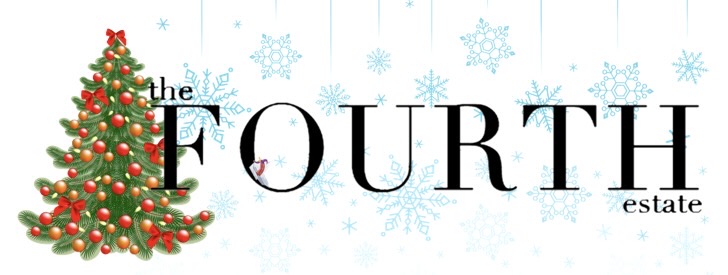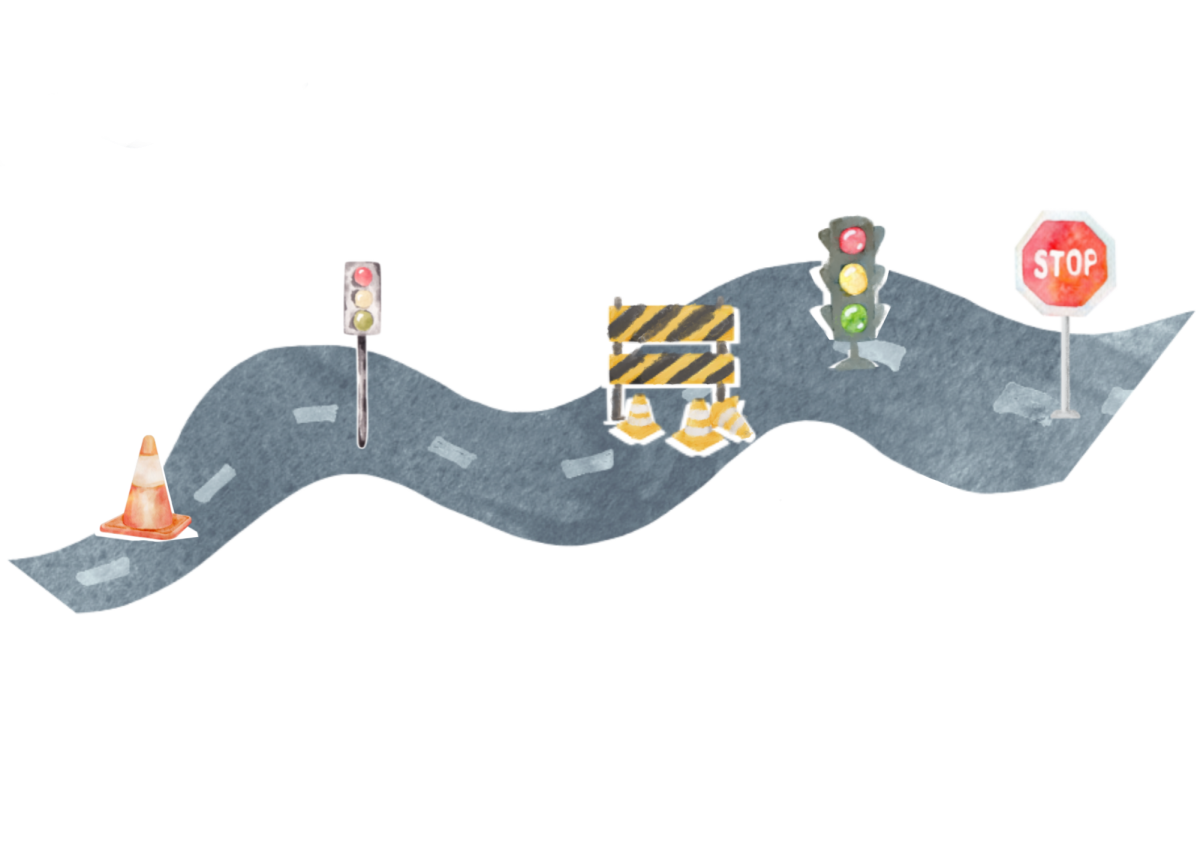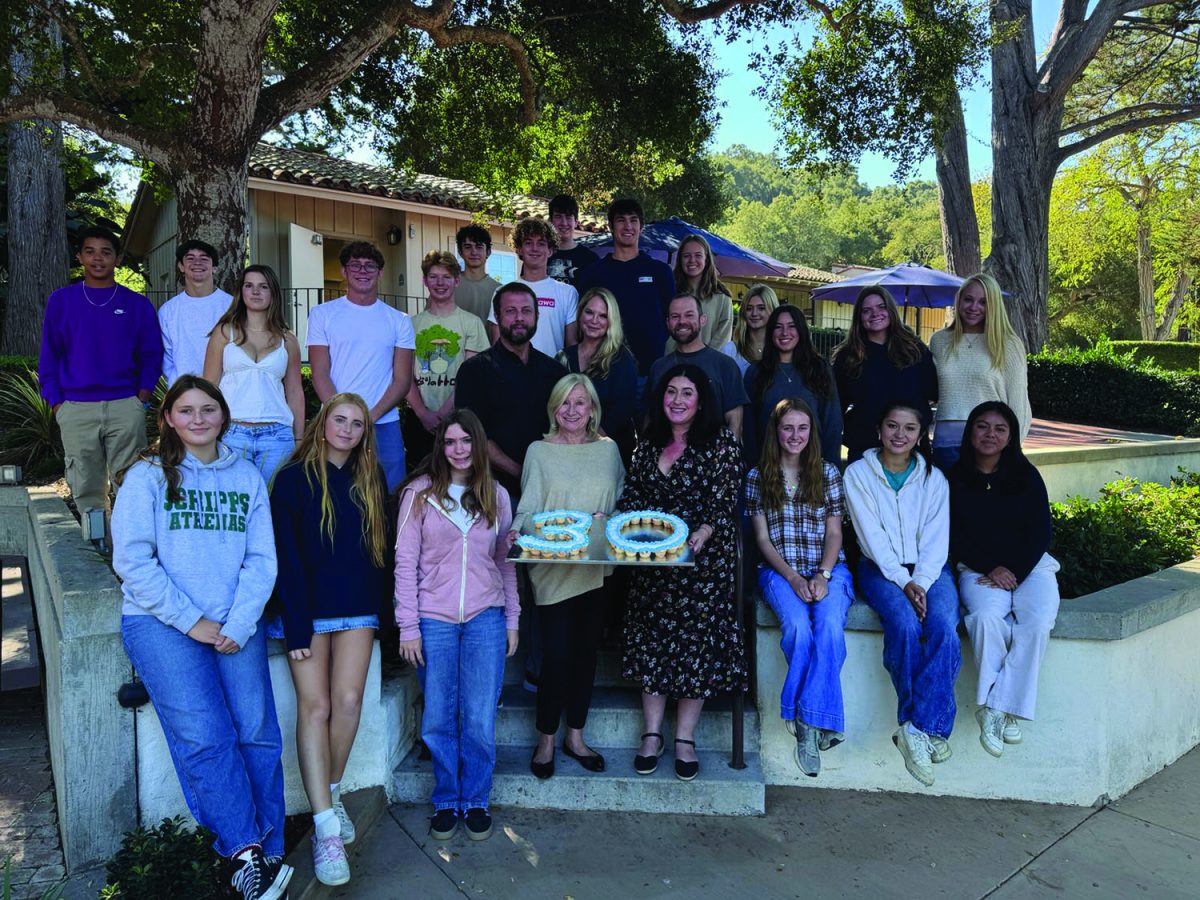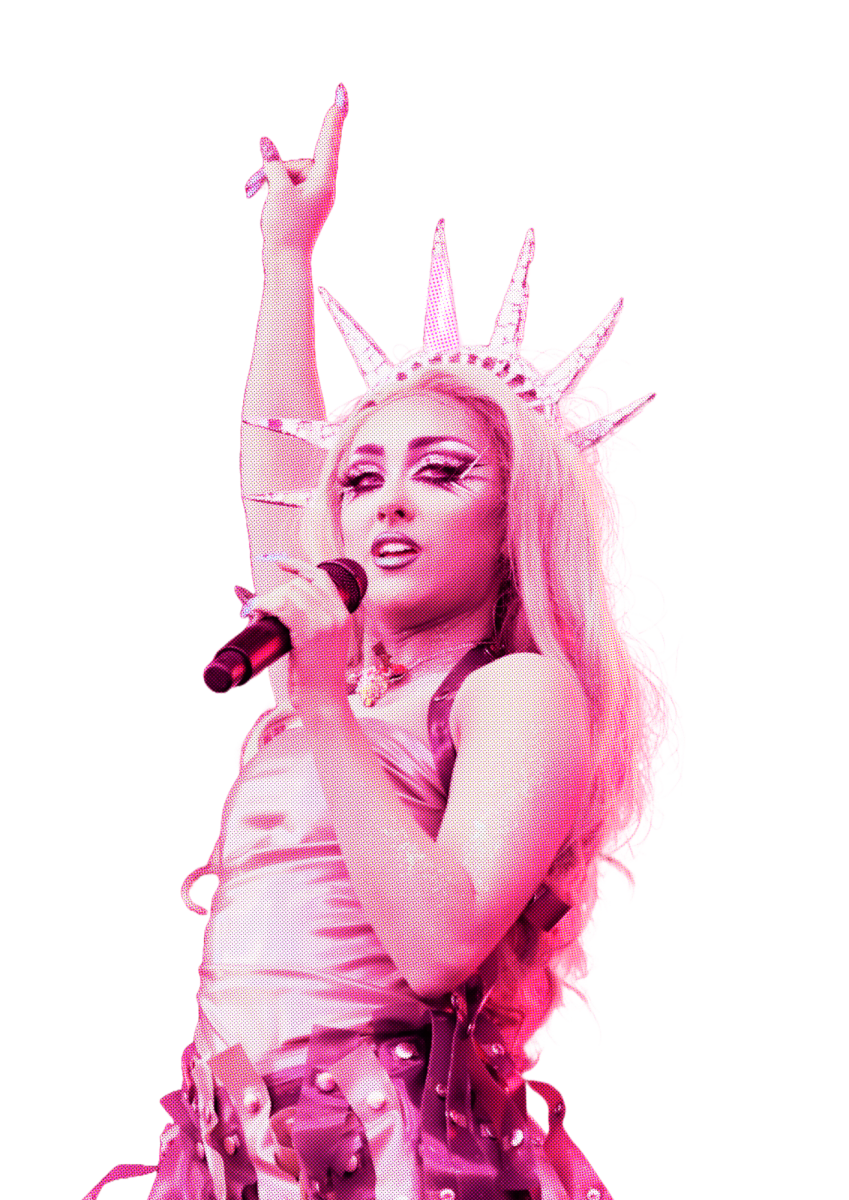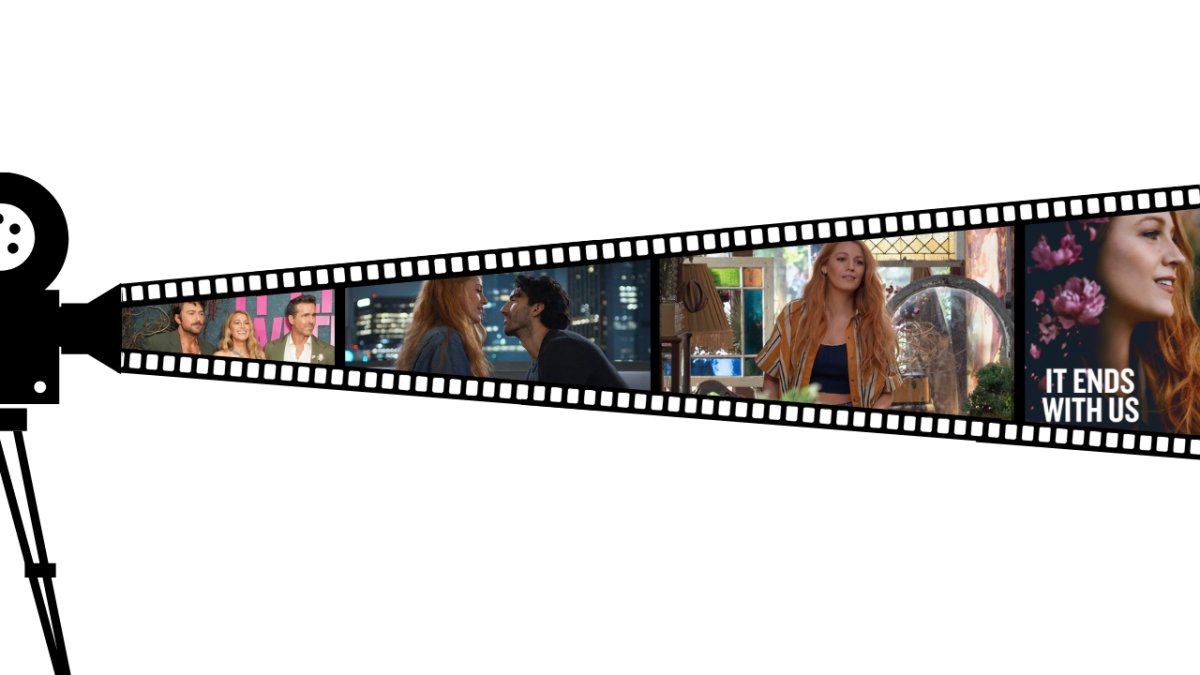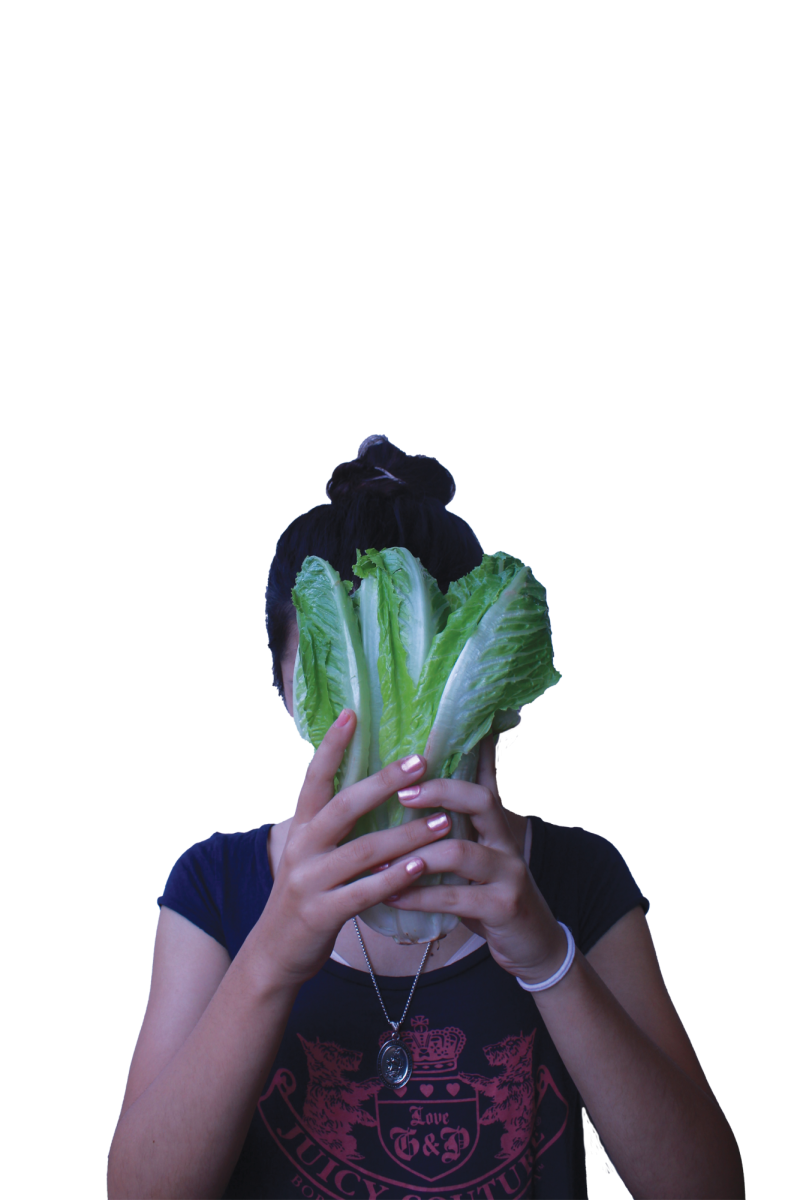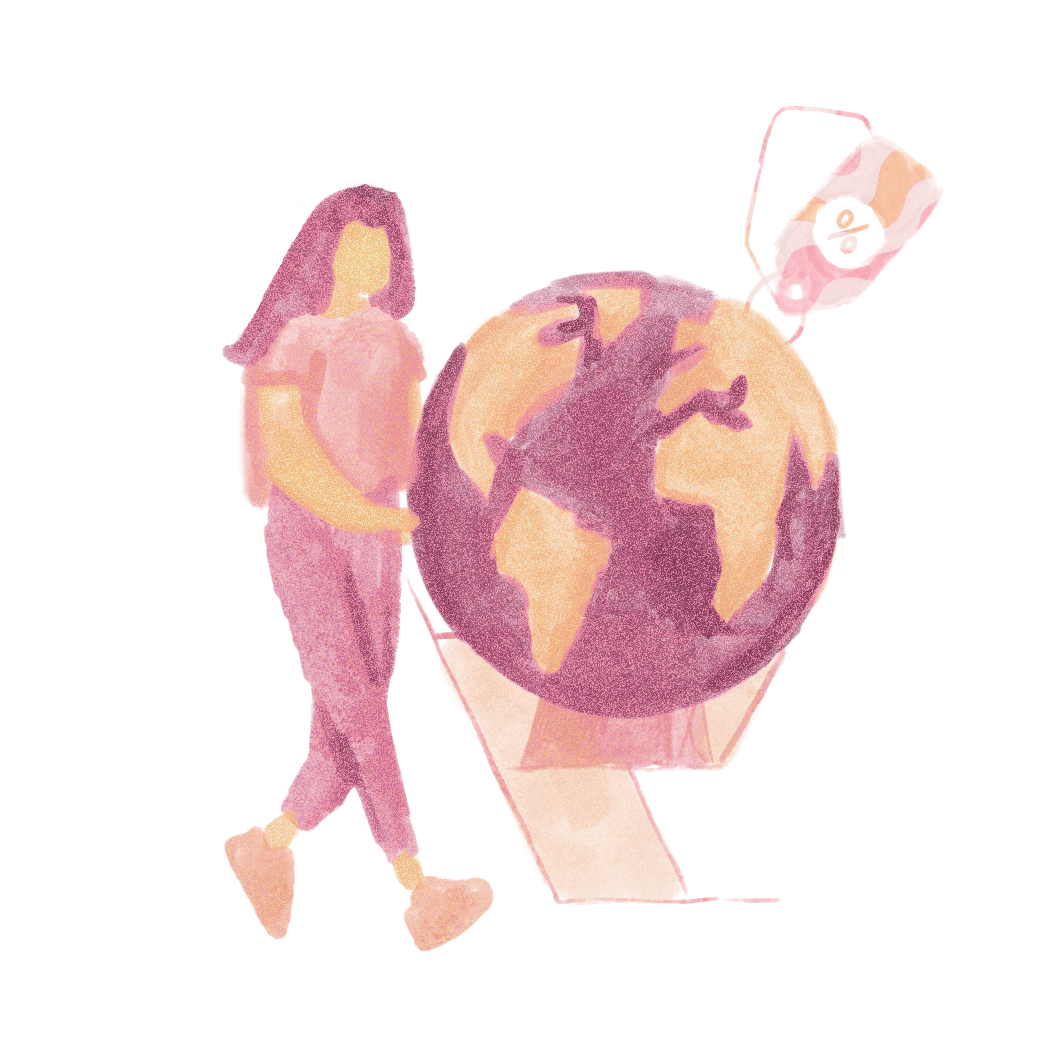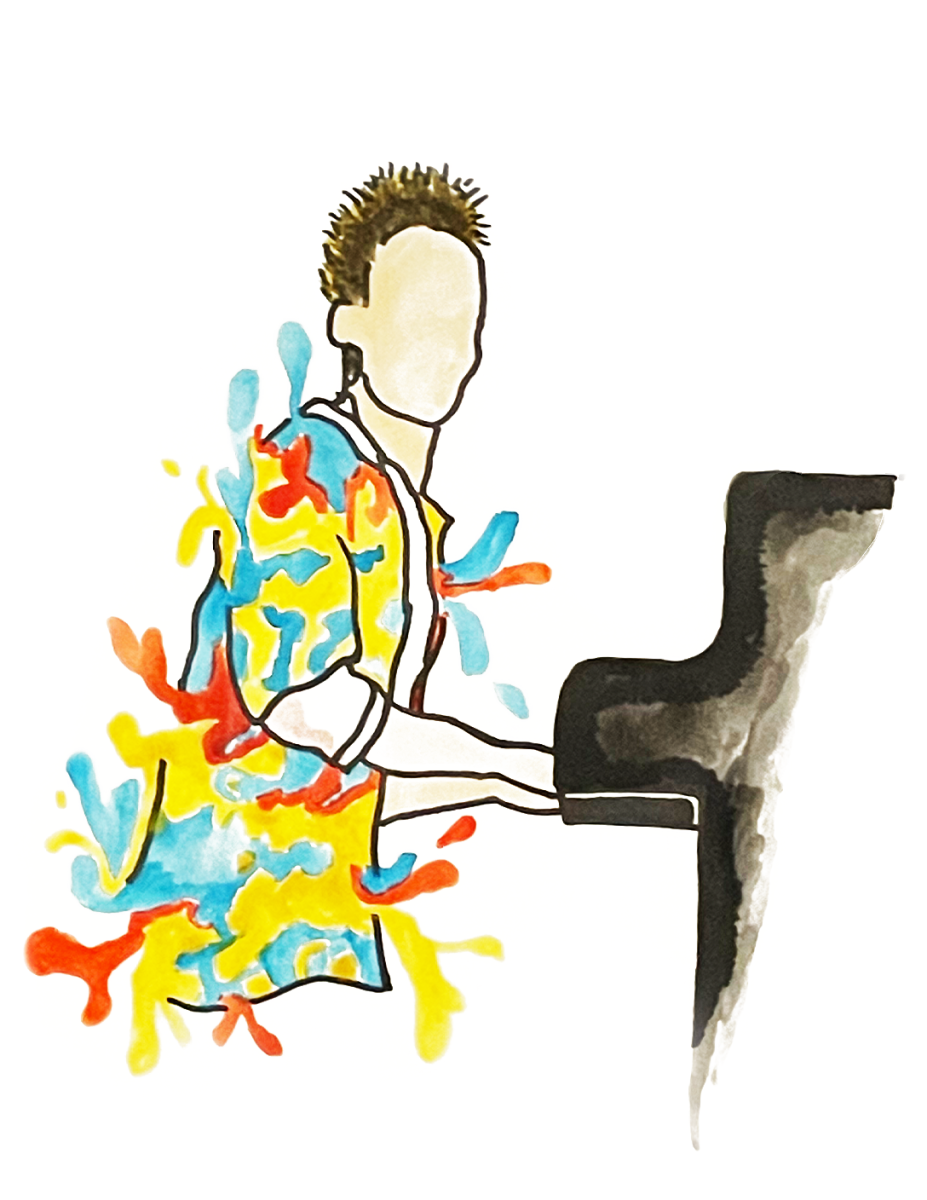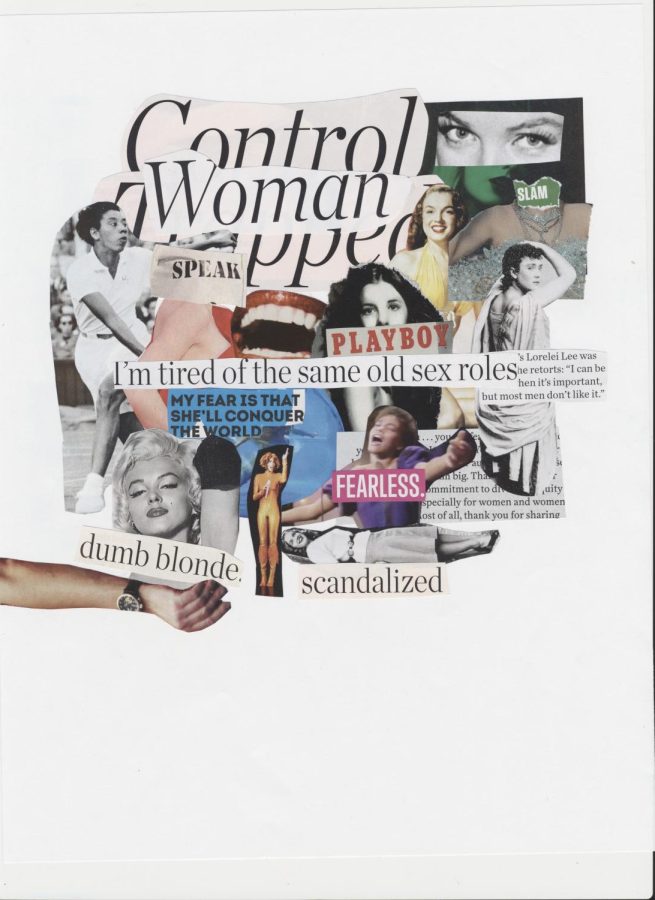In an age where same-day delivery and one-click orders are becoming more and more prominent, an impending overconsumption epidemic is an ever-growing reality. Overconsumption is the process by which individuals or groups use resources at a rate surpassing what is sustainable or necessary. This phenomenon is increasingly prevalent in our modern era of convenience and instant gratification. The growing trends in overconsumption are largely fueled by popular influencers and their showcasing of picture-perfect lifestyles complete with an ever-changing array of objects. They normalize unnecessary consumption by constantly showing off these new items and too-good-to-betrue experiences. The influence of social media personalities on consumer behavior is vast, often leading to impulsive purchases and excessive online buying from those who see these trends. This tendency is particularly evident among younger demographics, who are more susceptible to the fear of missing out (FOMO) on current trends cultivated by influencer content. TikTok shop, an ever-growing, influencer-driven shopping platform branching off of TikTok, is avidly rising in popularity due to its cheapness and easy access. “When I think of TikTok shop, I definitely think of items that are cheap in quality and price. I don’t think it’s the best for the environment, but I do occasionally buy from it if it is something that I know that I’m only going to need to use once or twice,” said senior Tallulah Staeger when asked about her views on TikTok shop and its contribution to overconsumption. Platforms like TikTok Shop and similar e-commerce sites often promote trendy, low-cost items that may not be built to last. Fast fashion, inexpensive and mass-produced clothing, is one of the most significant factors in the world’s current condition; this “throwaway culture” constantly contributes to increased waste and environmental deterioration. While some consumers are aware of this crazed consumption’s environmental and economic impacts, the allure of affordable and trendy items remains strong. Rapid consumption encourages irresponsible spending habits and puts significant pressure on global resources and waste management systems. “There’s always a trade-off between inflation and unemployment, so if the government or the Federal Reserve uses their tools to reduce consumption, they will trigger unemployment,” said AP Economics Instructor Paul Chiment. “There are consumers buying things, there are businesses building factories, there’s government spending, and then there’s foreign imports and exports. These things make up an economy, with consumers and their behaviors being the key factors leading to recent economics. The impact of social media on consumer behavior extends far beyond mere product advertising; it significantly shapes purchasing decisions and consumption patterns. Social media platforms are powerful tools for influencing consumer choices, this influence being particularly pronounced in younger demographics. While the appeal of trendy, affordable items is undeniable—especially when they’re just a click away—it’s important for consumers to remember that they hold significant power in shaping demand and driving change. Every purchase we make sends a message to brands about what we value, which can either reinforce unsustainable practices or promote more responsible production. By making more intentional choices, we can shift the focus away from quantity and fast turnover to quality, durability, and ethical sourcing.
Overconsumption
Buy now. Regret later. From fast fashion to beauty products, here’s a look at how influencer culture pushes us toward constant buying and upgrading
November 20, 2024
0
Donate to The Fourth Estate
$50
$500
Contributed
Our Goal
Your donation will support the student journalists of Laguna Blanca School. Your contribution will allow us to purchase equipment and cover our annual website hosting costs.
More to Discover
About the Contributors

Dionne Peterson, Co-Editor-in-Chief, Art Director
Dionne Peterson is on her third-year of the staff at Laguna Blanca and is the Co Editor-in-Chief of the Fourth Estate. The topics that she is most passionate writing about is social injustice topics while also writing in the Arts and Culture section. She loves all types of art forms, which includes drawing, singing, and creative writing, and also plays on the Girls Varsity Golf team.
